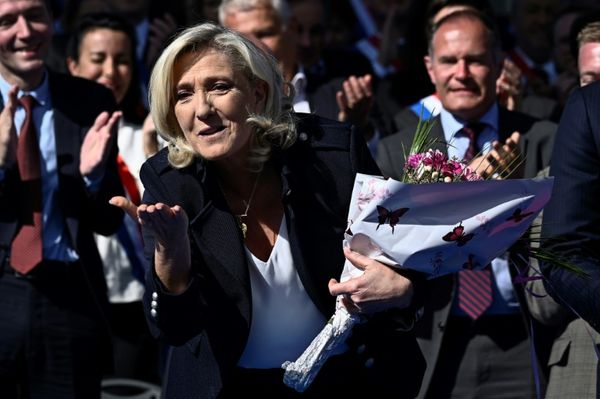
Big election defeats almost always throw political parties into existential crises: who do they represent, what are they for? The Conservative party, however, had tied itself in knots over these questions long before it experienced its worst-ever electoral defeat in July. Now it remains locked in its long contest to select its next leader.
The disastrous electoral result saw its 2019 vote share – inflated by Boris Johnson’s populist pledge to “get Brexit done” – collapse to its lowest since 1832; Conservative thinktank Onward highlights how a significant number of the lost votes went not just to Reform, but to Labour and the Liberal Democrats, with others staying home rather than vote Tory. The 2019 electoral coalition proved to be a temporary pulling together that included traditional Conservative voters but also some Labour voters who voted Leave in the EU referendum and believed Johnson’s promise that Brexit was the answer to the country’s structural issues. The election result of 2024 was an overwhelming verdict on their track record from 2010 to 2024 – sluggish economic growth, stagnating living standards and stretched public services – and the desire for change.
It is likely that the Tories will not get a hearing from the public as a future government for some time. The scale of the electoral mountain they have to climb is huge. But like the Labour party for much of its long spell in opposition, they seem set on talking to themselves rather than understanding the scale of their defeat and the voters they will need to re-attract if they are to win again.
That is being reflected in the leadership contest. All three of the more centrist “one nation” candidates were eliminated in the successive rounds of voting by MPs. Party members are now choosing between two candidates from the right, Robert Jenrick and Kemi Badenoch, with the winner announced on 2 November. The contest is structured so that– like in the Labour party – it is members who get the final say. Candidates must appeal to this tiny proportion of the electorate, who are much more right wing than the average voter. That is reflected in the position of both candidates.
Jenrick has two main pledges. The first is to take Britain out of the European convention on human rights and bar anyone from joining his shadow cabinet who disagrees with him on this. This is a fringe pledge that lacks public support, would breach the Good Friday agreement, and risks undermining the key rights of British citizens, including the right to privacy, free speech, democratic protest and a fair trial. It would mean the UK joining Belarus and Russia as the only two European countries outside the convention. The second pledge is to introduce a legally binding cap on legal immigration, to bring it down to tens of thousands, a target that is unachievable without painful consequences for the economy, the NHS and social care.
Badenoch has had less to say on policy, though she has distanced herself from Jenrick’s ECHR pledge. However, her interventions also place her significantly to the right of the electorate – for example, in seeming to suggest that statutory maternity pay had gone too far (she later distanced herself from her comments). She also published a pamphlet that appeared to imply it was wrong that an autism diagnosis in children might unlock access to specialist treatment, equipment or transport to and from school – comments condemned by the National Autism Society, which pointed out the long delays in children getting access to the educational support they are entitled to.
Neither candidate has had much to say to the country about the terrible economic state and the big fiscal hole their party left for the new Labour government. It is an unedifying contest that will do them few favours with voters – the only electorate that counts.







